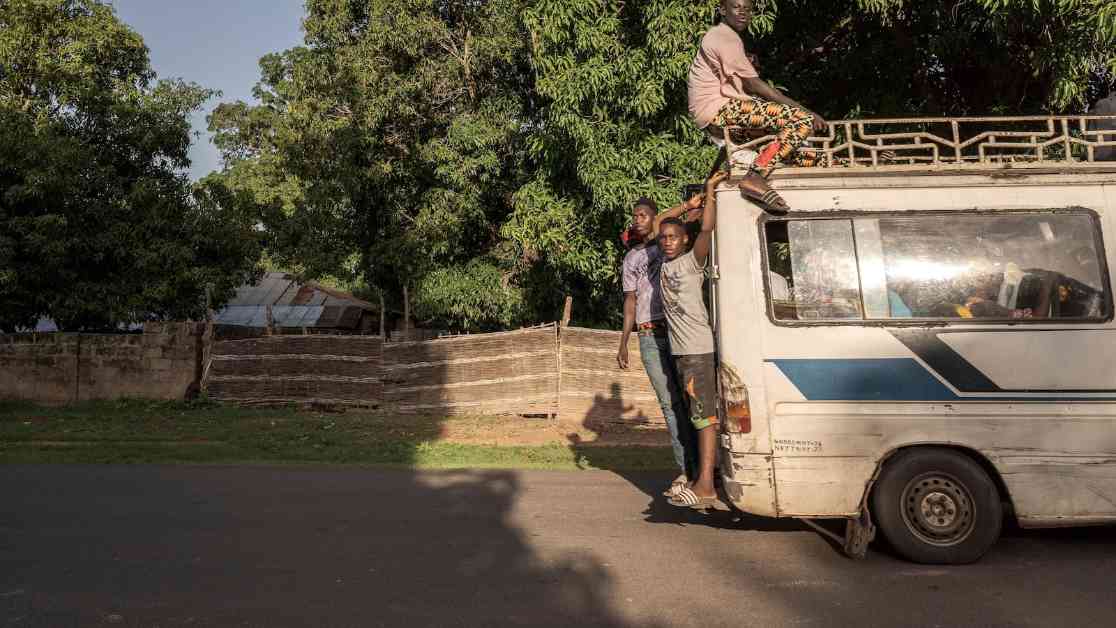Metta, a mother of six from rural Gambia, was determined to make her voice heard when she heard about the lawmakers’ consideration of reversing the ban on female genital cutting. She joined scores of women protesting outside the parliament in Banjul, the capital of Gambia. The ban on female genital mutilation (FGM) in Gambia has been a topic of heated debate, rooted in cultural beliefs about sexual purity and control of women.
The ban on FGM was eventually upheld by lawmakers, preventing a global first in reversing the practice. Despite this victory, the real battle against FGM continues in rural areas of Gambia, where the practice is still prevalent but remains a sensitive topic. Women in these areas are hesitant to speak out against cutting due to fear of backlash and hate messages. Activists working to raise awareness about the dangers of FGM face significant challenges, including the reluctance of some community members to engage with foreign journalists.
The United Nations estimates that about 75% of women in Gambia have undergone FGM, a practice that can have serious health consequences and is considered a form of torture by the World Health Organization. The procedure is typically performed using dangerous tools and can result in complications later in life, including during childbirth. Despite efforts to ban cutting in Gambia, prosecutions only began recently, sparking a backlash and reigniting the debate on cultural traditions versus women’s rights.
Supporters of the ban argue that cutting is deeply rooted in Gambia’s culture and religious teachings, while opponents view it as a violation of women’s rights. The debate has caused tension within communities, with some accusing activists of promoting Western ideologies. However, activists like Habibou Tamba remain committed to advocating for the rights of women to live free from the pain and trauma caused by FGM.
At an awareness meeting in a local government office, activists discussed the dangers of child marriage and FGM with women from neighboring villages. Despite efforts to educate women about the health risks associated with cutting, some remain unconvinced due to cultural beliefs and religious teachings. However, women like Rabietou, a mother of six, are determined to break the cycle of cutting in their families and protect their daughters from experiencing the same pain and trauma they endured.
Metta, who was cut at the age of 8, has made it her mission to speak out against FGM and educate other women in her community. Through open discussions and sharing personal experiences, women have come to realize the common struggles they face as survivors of cutting. Many have made the decision to end the practice in their families and protect future generations from its harmful effects. Metta’s four daughters have not been cut, breaking the cycle of pain and trauma that she experienced.
The fight against FGM in Gambia extends beyond legislative debates and into the hearts and minds of women like Metta and Rabietou who are determined to create a future free from the harmful effects of cutting for themselves and their daughters. The battle may be quiet and ongoing, but it is fueled by the resilience and courage of those who refuse to let tradition dictate the health and well-being of women and girls in their communities.


















